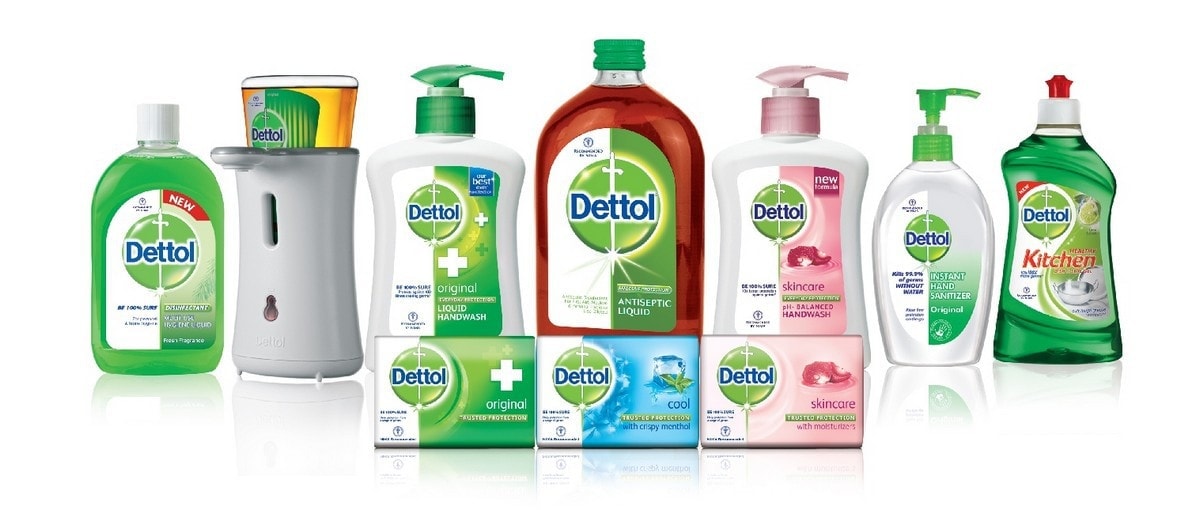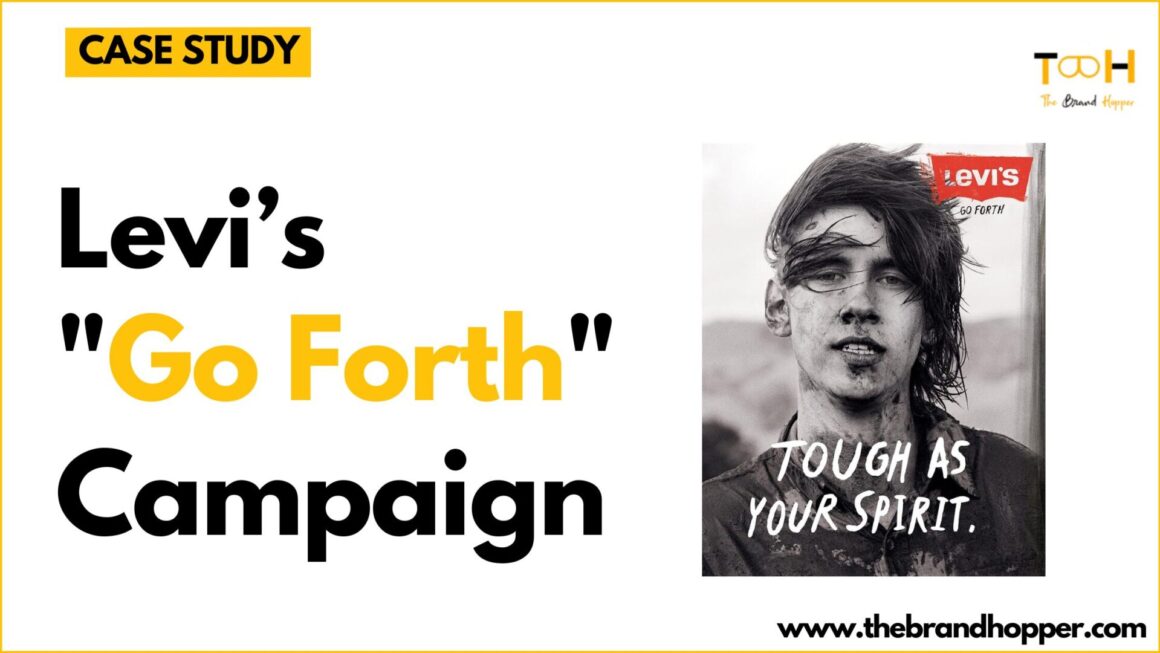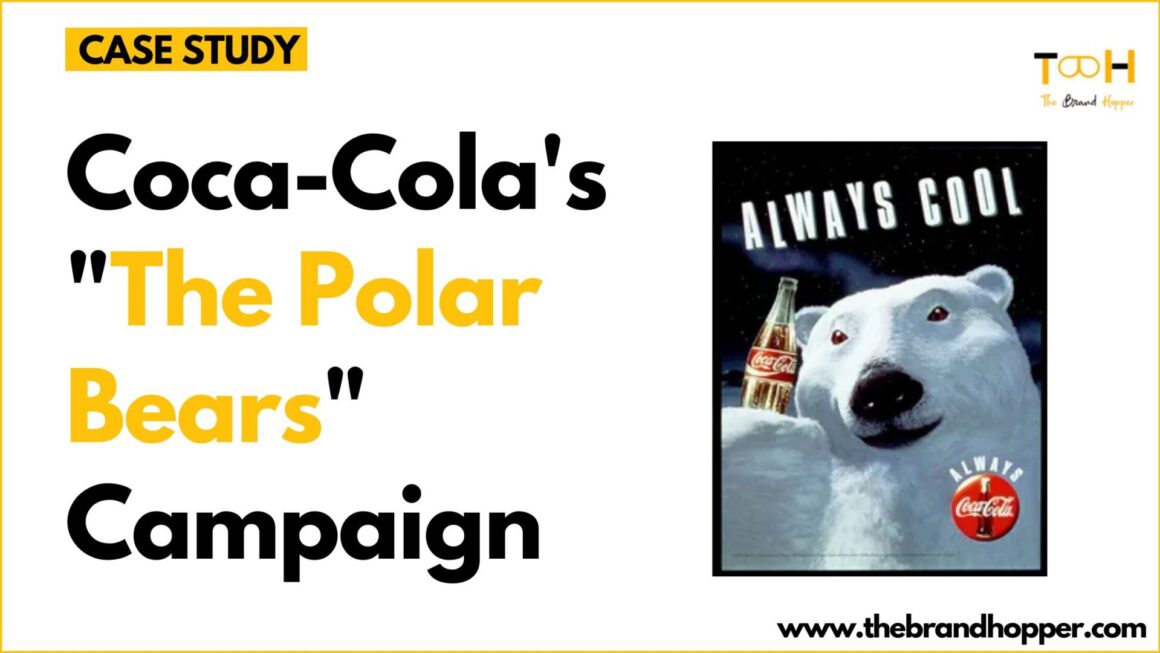Dettol provides perhaps the best Indian example of brand extension. It demonstrates how a product which is not something delightful to have in your home could be extended to reach out and achieve higher targets. Dettol is a product that is over a half-century old. People all over the globe have grown up experiencing the pungent and burning sensation that it gave them on wounds and cuts one suffered in childhood. Its unique smell, colour, bottle and lettering is firmly imprinted in the minds of people. There is no other product that can compete for the place that Dettol occupies. This long-time association gives Dettol an advantage that is difficult to match up against. Dettol is trusted protection against germs.
Dettol, being a strong brand in every sense of the term, has been constrained by its volume sales and profitability. It is not something which one would like to use more prodded by volume generation communication. The brand was not amenable to move volume or frequency-based strategies. This led the firm to look for opportunities outside its antiseptic categories. Consequently, the brand has seen the following extensions over time:
- Dettol Soap: It was originally launched as a family soap in the early ‘eighties. But its positioning did not fall in line with Dettol’s core property: fighting germs and protection.
The Result: Dettol soap bombed in the marketplace. The company soon realized its mistake and corrected its position in line with its essence. The brand was relaunched as a ‘100% bath’ soap. Brand communication stressed effectively on the need to have a cent per cent bath, not a superficial one, because of dirt and grime to which one is exposed in daily life.
The result: Dettol soap became one of the top-selling soaps in India. - Dettol Plaster: The self-medicating plaster market in India is dominated by J&J’s ‘Band Aid’. The product is so firmly entrenched that it has become generic. Undeterred by Band Aid’s might, Dettol ventured into the plaster market. The plaster market is not very big in India but Dettol’s foray into this market appeared synergistic with Dettol’s properties. The brand could easily be leveraged into the nicks and cuts market which children often have and the first remedy that mothers often use is Dettol antiseptic. Why not provide the Next Solution: the cover-up plaster to protect the wounds from germs? Despite low profile marketing, Dettol plaster managed to get around ten per cent of the market.
- Dettol Shaving Cream: What happens when one suffers a minor nick while shaving? The immediate reaction is to apply an antiseptic. Keying on this idea, Dettol’s latest extension is into the shaving cream market. This launch is completely in tune with what the mother brand stands for. Again, through the total market for shaving creams is small, Dettol has managed to carve out a niche for itself.
- Dettol Talc: The last extension that Dettol brand has witnessed is in the talcum powder category, the talc has been positioned as a solution to dermatological problems which are often caused by germs in hot and humid conditions. The advertisements specifically convey the idea that Dettol talc is for occasions when ordinary talc proves insufficient. It is too early to predict the fate of the product. But it does seem to exploit the expertise that Dettol as a brand seems to signify: protection against germs.
Read more about Johnson & Johnson
To read more content like this, subscribe to our newsletter.




